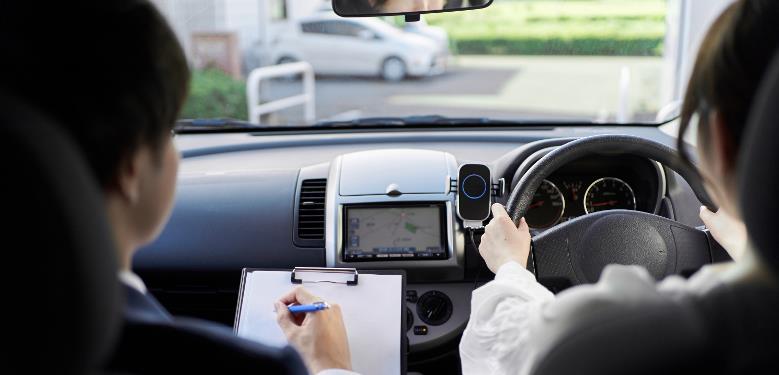
In 2024, a total of 68,623 foreigners successfully converted their overseas driver’s licenses for Japanese ones, more than double the 28,886 recorded in 2015.
Vietnamese nationals accounted for the highest number of conversions at 16,681 cases, followed by Chinese (5,251) and South Koreans (4,901).
The increase has been attributed mainly to the growing number of technical intern trainees and foreign visitors to Japan.
In May, a Chinese man was arrested in Misato City, Saitama Prefecture, over a hit-and-run accident involving an elementary school student. He held a Japanese license converted from a Chinese one.
The same month, a Peruvian man reportedly driving the wrong way on the Shin-Meishin Expressway in Kameyama City, Mie Prefecture, also with a converted license.
In response to a series of such incidents, Japan’s National Police Agency has announced stricter requirements for license conversions.
Regardless of nationality, applicants must now submit a copy of their residency certificate. This means foreign tourists without residency status in Japan will no longer be eligible to apply.
As an exception, Japanese nationals temporarily returning from abroad may verify their address using alternative documents such as a copy of their family register.
A residency certificate is an official document issued by Japanese municipal offices, certifying a person’s registered address and identity, including mid- to long-term foreign residents.
In addition, the written test used to assess applicants’ knowledge of Japanese traffic rules will include fivefold more questions than before, and the passing score requirement has been raised to 90%.




